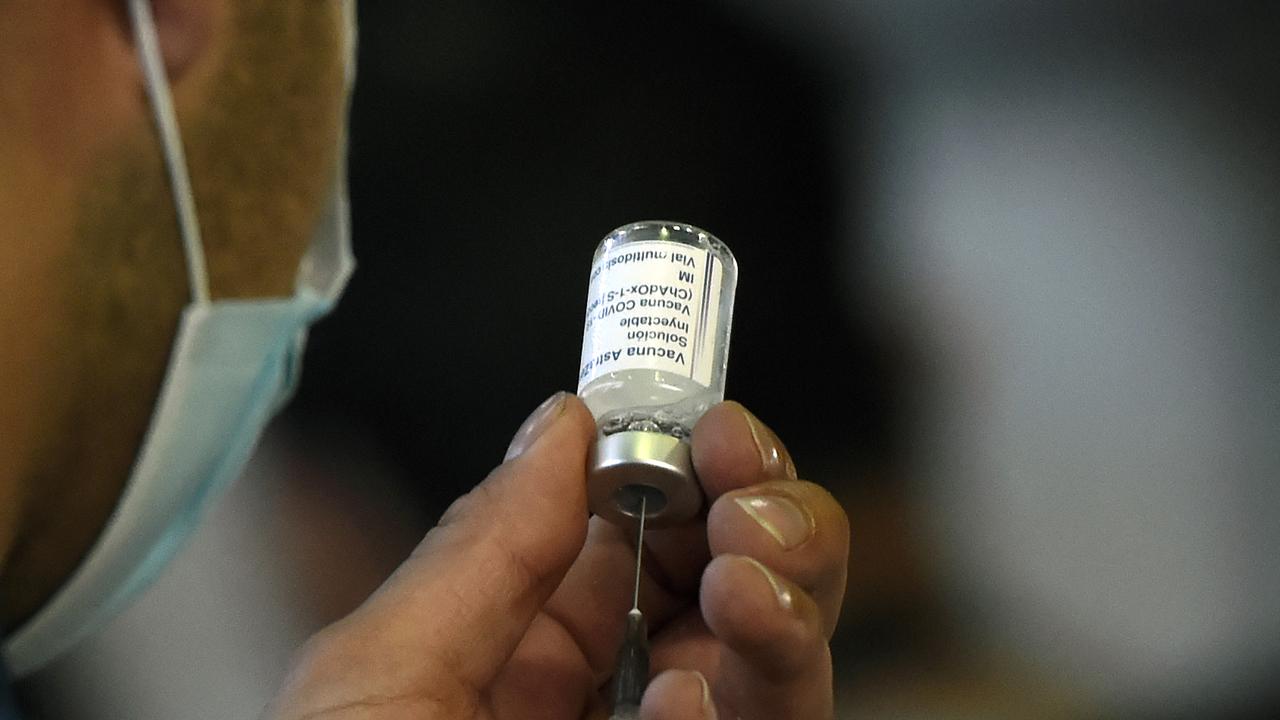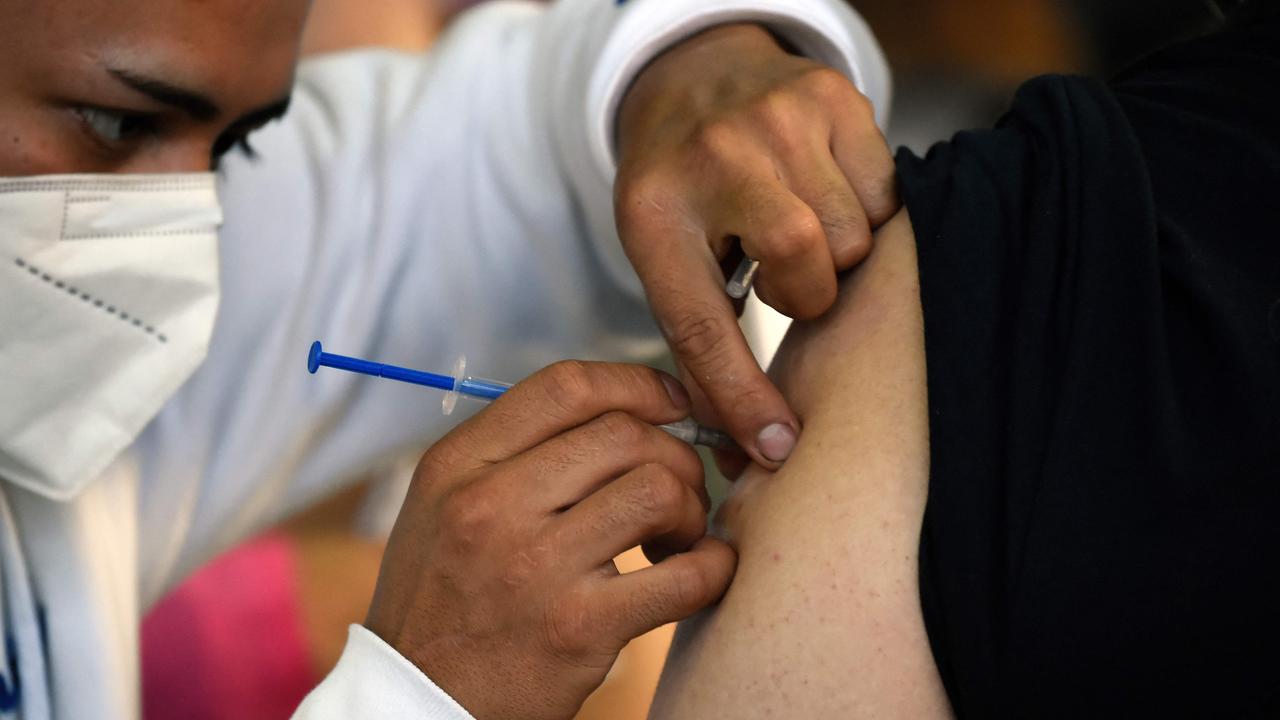Covid vaccine: should I get it?
Understanding the risks and benefits of vaccination can help you make the right decision for you or your family about having a Covid-19 vaccine.
Vaccinating against Covid-19 is the only way for Australians to get their normal lives back, but as a nation we’re struggling.
News.com.au’s Our Best Shot campaign answers your questions about the Covid-19 vaccine roll out.
It’s fair to say the vaccine rollout has confused Australians. We’ll cut through the spin and give you clear information so you can make an informed decision.
If you’re generally fit and healthy and living somewhere with very few or no cases of Covid-19 in your community, you might wonder – is getting the vaccine worth the potential side effects if the severe impacts of the disease don’t feel like a threat to you?
Or what about pre-existing health conditions – do they increase your risk of experiencing more severe side effects? How do we think about risks and benefits?
We make decisions every day about risk without thinking about it.

But when the decision is more important, like whether to get a Covid-19 vaccine, understanding how our unconscious thinking patterns and biases affect our decision-making can help us make good choices.
Human brains use mental shortcuts (called ‘heuristics’) all the time to enable quick decision-making.
However, these shortcuts can skew our perception of how risky an activity is, or how likely a certain outcome might be. Examples include:
Over-estimating risk: We often over-estimate the chances that a rare, but serious, event might occur. If that rare event is all over the media – like cases of TTS, the blood clotting syndrome linked to the AstraZeneca vaccine – we tend to over-estimate those chances even more.
Choosing to do nothing: Sometimes people want to avoid a sense of regret (‘what if I make the wrong choice?’) and are more willing to accept an outcome if it’s the result of doing nothing (‘if I avoid the vaccine, I know I might catch Covid-19’).
What are your risk factors for COVID-19 – and what about vaccines?
Many pre-existing health conditions and other factors can increase your risk of becoming severely ill or dying from Covid-19, or experiencing long-lasting impacts.
The risk depends on many factors, such how much disease is circulating in the community and which Covid-19 strains are prevalent, but also on your individual circumstances.
Apart from increasing age, common risk factors include diabetes, obesity, certain heart or lung conditions, chronic inflammatory conditions, or having an immune deficiency.
The risk of severe illness also increases as you get older, especially for people over the age of 70 years, and is higher for Aboriginal and Torres Strait Islander peoples, or people who smoke.
To weigh up the benefits and risks of getting a vaccine, consider:
What are your chances of getting sick from Covid-19 without the vaccine and, based on that, what benefit does the vaccine offer to you in preventing severe disease?
What are the risks or chances of experiencing side effects or complications if you have the vaccine?
Benefits of the vaccine
When there is very little or no Covid-19 disease in the community, people aren’t so concerned about getting sick. But outbreaks of Covid-19 can arise quickly.
In a matter of days, Covid-19 can be in a place that has previously had low or no community transmission of the virus.
Vaccination rollouts are hard to stop and start: they take time, planning and resources – and no one can predict when, or where, another outbreak might occur.
That‘s why timely vaccination prior to outbreaks is so important.
When restrictions start to lift and our borders open up, the risk of getting Covid-19 is likely to increase again. We all need to be prepared and make sure we have the best possible protection against future infection.
Vaccines can help us return to a more normal way of life and provide protection for everyone in our communities, especially the most vulnerable.

Risks of the vaccine
Consider this scenario: if 100,000 people receive the AstraZeneca vaccine, what are the chances of experiencing side effects or complications as a result?
Common side effects from Covid-19 vaccines include pain at the injection site, headaches, fatigue, or feeling flu-like symptoms. This is normal and indicates the vaccine is working. In a group of 100,000 people, we would expect just under 50,000 people to experience side effects because they are so common.
Severe side effects: we would also expect to see one to two people experience a severe complication like TTS. The risks of TTS are higher for younger people, especially those under 60 years.
Anyone who develops severe headaches and tiredness up to 30 days after the first dose should seek medical help immediately. It’s important to know that even if someone becomes ill with TTS, doctors now have a better understanding of the condition.
It’s much easier to diagnose and get the right treatment, so the chances of recovery are higher than they were before.
This article originally appeared on The Australian Academy of Science and was reproduced with permission



